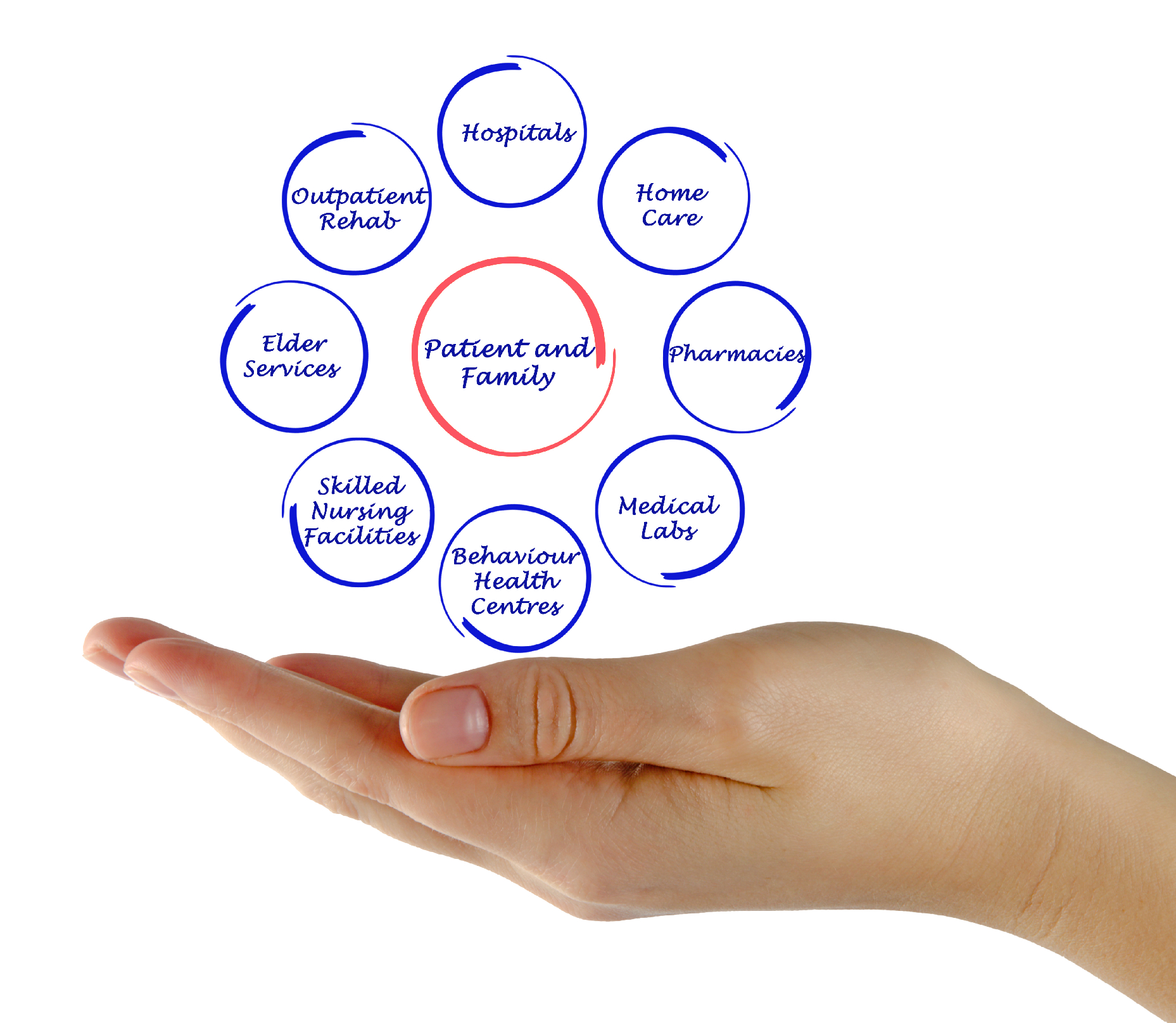Mental Health Careers
Mental health careers are increasingly recognised as essential in society, given the growing awareness of the importance of mental wellbeing. These careers encompass a broad range of professions dedicated to supporting individuals with mental health challenges and promoting emotional resilience. From therapeutic roles to policy-making positions, opportunities in this field are diverse and fulfilling.
Career Paths in Mental Health
One of the most common roles in this sector is that of a mental health counsellor or therapist. Counsellors work directly with individuals, couples, or groups to address issues such as anxiety, depression, and trauma. They use evidence-based approaches like cognitive-behavioural therapy (CBT) or psychodynamic techniques to help clients develop coping strategies and improve their quality of life.
Psychiatrists are medical doctors specialising in diagnosing and treating mental illnesses. Their work often involves prescribing medication alongside providing psychological support. Becoming a psychiatrist requires extensive training, including a medical degree and specialised postgraduate training in psychiatry.
Psychologists focus on understanding human behaviour and mental processes. Clinical psychologists assess and treat mental health conditions using therapies rather than medication. Meanwhile, occupational psychologists may address workplace-related stress and help organisations enhance employee well-being.
Another vital role is that of mental health nurses, who provide frontline support in clinical and community settings. They assist individuals with severe mental health conditions, managing treatment plans and ensuring patients receive comprehensive care.
For those interested in social aspects, social workers specialising in mental health support individuals and families facing complex challenges, such as homelessness, addiction, or domestic violence, often working alongside other healthcare professionals.
Skills and Qualifications
Mental health professionals must possess excellent communication, empathy, and resilience. They should be skilled at building trust with clients, maintaining confidentiality, and managing emotionally challenging situations.
Qualifications vary depending on the role. Entry-level positions, such as mental health support workers, may require relevant experience and basic training. In contrast, becoming a psychologist or psychiatrist involves extensive education, including university degrees and professional accreditation. Continuous professional development is also vital in this ever-evolving field.
The Rewards and Challenges
Careers in mental health are deeply rewarding, offering the chance to make a tangible difference in people’s lives. Witnessing clients overcome difficulties and achieve personal growth provides a profound sense of purpose. However, these roles can be emotionally demanding. Burnout is a significant concern, making self-care and professional support crucial for those working in the field.
Growing Demand and Opportunities
With increasing recognition of mental health’s importance, demand for skilled professionals in this sector is rising. Governments and organisations are investing in mental health services, creating more opportunities for those passionate about supporting others.
Choosing a career in mental health offers not only personal fulfilment but also the chance to contribute to a healthier, more understanding society.
home » Mental Health Careers



























